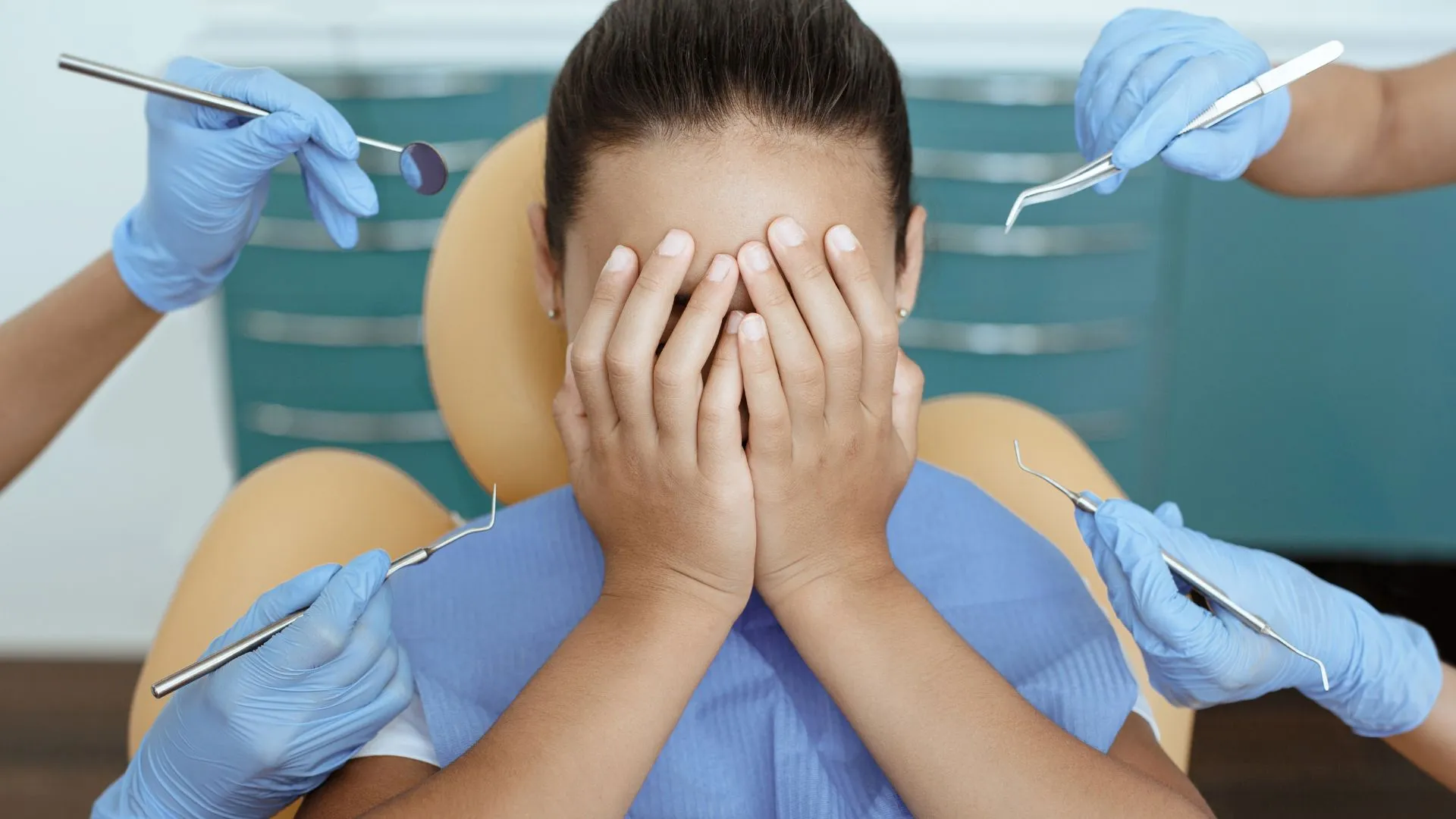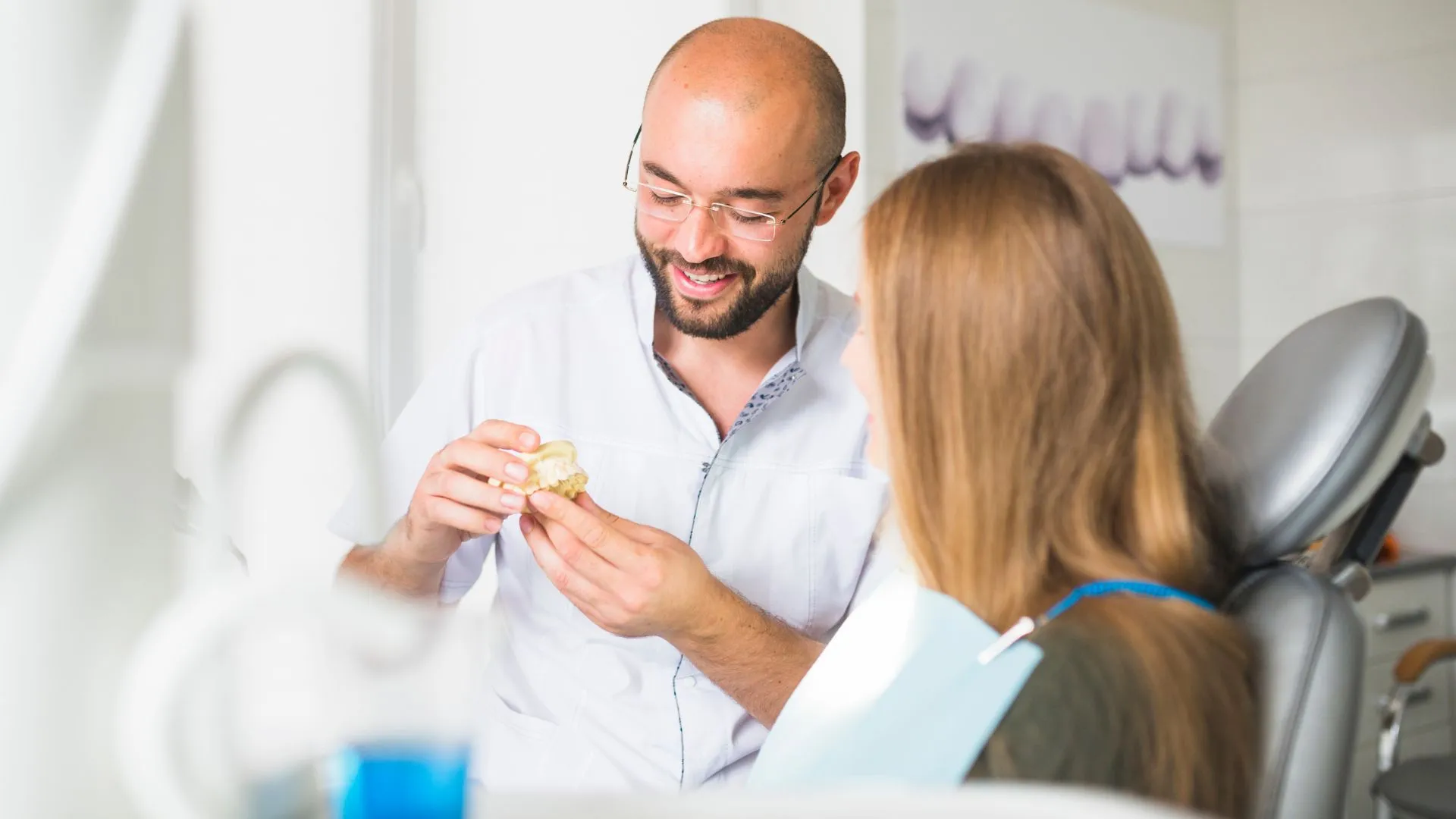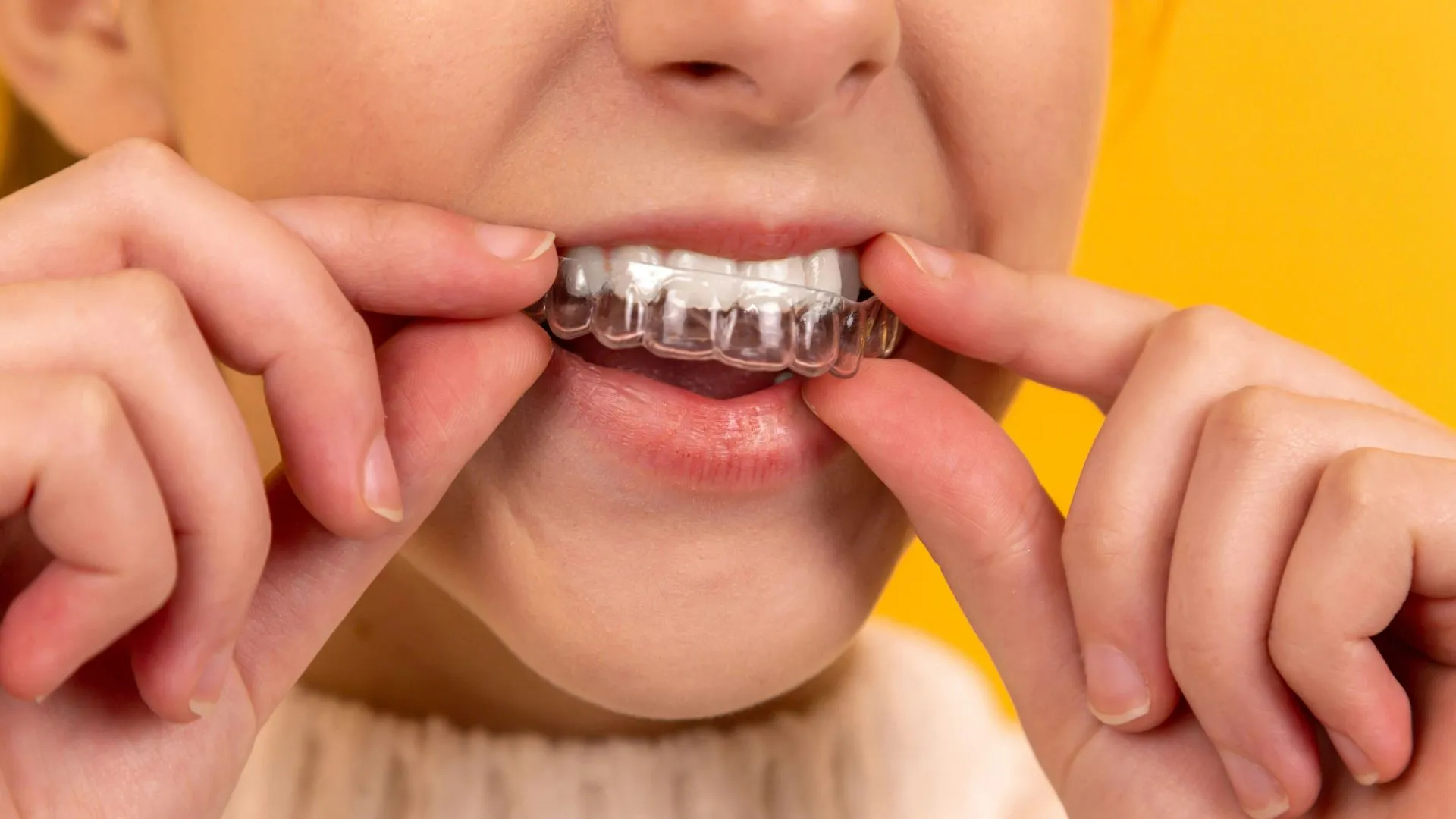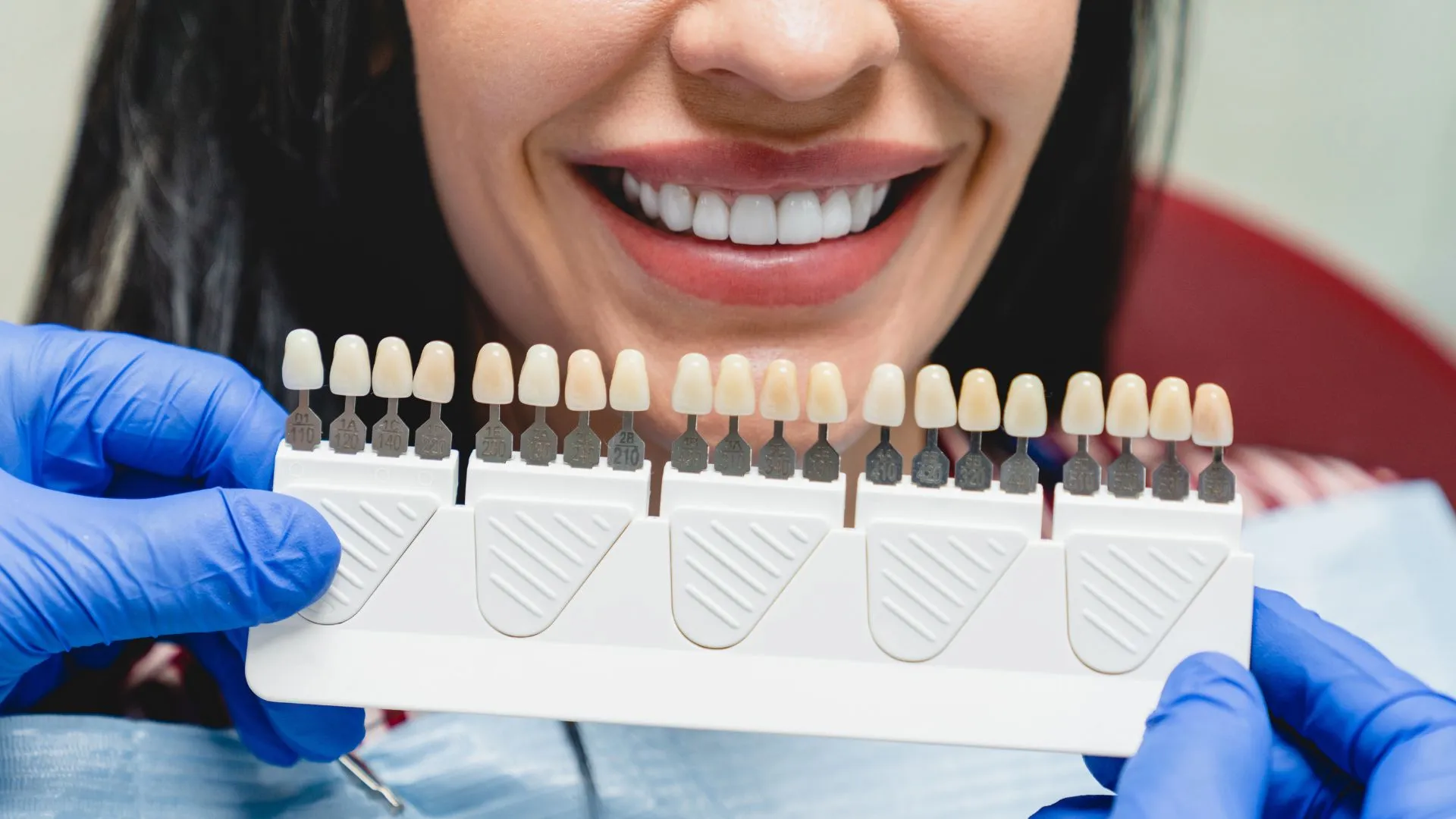Have you ever seen somebody struggling with dental problems? Are you wondering what’s stopping them from going to the dentist and risking discomfort and intense pain? Is it just laziness, a habit of procrastinating, or something else?
Have you ever seen somebody struggling with dental problems? Are you wondering what’s stopping them from going to the dentist and risking discomfort and intense pain? Is it just laziness, a habit of procrastinating, or something else?
Dentophobia, officially defined as the ‘irrational and extreme fear of the dentist,’ is real.
Some estimates suggest that it prevents more than 2.7% and 4.6% of men and women from receiving proper dental healthcare.
Dentophobia vs. dental anxiety
The fear of dentist appointments can range from mild discomfort when waiting for an appointment to even refusing to enter the premises. In 2009, a study revealed that more than 12% of the population suffered from extreme dental anxiety.
As you might have guessed, a phobia is a very different thing. Perhaps the most important thing to note is that phobias are officially considered a type of anxiety disorder, with effects much more serious than normal fear.
People who have dentophobia or odontophobia (the fear of all things dental-related) often know there is nothing to be afraid of and yet can’t help being physically repulsed at the idea of going for a dental appointment.
Types of dentophobia
Dentophobia (or odontophobia, to refer to a broader fear of the entire dental process) differs from person to person. Commonly seen dentophobia cases range from iatrophobia (the irrational fear of doctors themselves) to trypanophobia (the fear of needles), and even the fear of losing your teeth.
Iatrophobia: The fear of doctors
Almost everybody has misconceptions about dental and medical practices. Sometimes, this even turns into a general mistrust of doctors, with the afflicted being almost convinced that doctors are either incompetent or conspiring against them.
Trypanophobia: The fear of needles
Perhaps one of the most commonly seen phobias globally, it’s natural to feel a fear of the dentists’ needles. Trypanophobia, the extreme and irrational fear of needles, greatly magnifies from the very sight of a syringe and can bring severe consequences, such as violent physical struggle.
Being sedated through gaseous means during dental work is a popular solution for people who have this problem.
Algophobia: The fear of pain
Algophobia is one of the most understandable phobias. The human is afraid of areas where it perceives danger as a survival instinct, even in the dental setting. Even the little prick from an injection can set off somebody who has algophobia. Overcoming the fear of pain isn’t as simple as most people would like you to believe.
Sounds and smell
Sometimes, a person’s phobia isn’t related to the medical procedure or the doctor performing it but instead directed at the sights, sounds, and smells in a standard dental operating theatre. Specific phobias like these are usually the result of some traumatic experience. More common than you think, more than one billion people have gone through a traumatic dental injury.
Each different type of dentophobia brings a different sort of complication. Some people feel overwhelmed coming in for their appointment during busy times, and others prefer having people there for comfort. Dentists usually have to gauge the problems and try their best to work around the complications present.
Complications of dental phobia or anxiety
Visiting the dentist might not seem all that important during your first months of realizing you have odontophobia. You might even think you can go years without having to visit as long as you maintain proper dental healthcare, and to some extent, you’d even be right.
Personal dental grooming is important, but using it as an excuse to neglect regular visits to the dentists can have disastrous consequences. Dental diseases are the worst out there, forcing you to go through intense pain for hours.
For example, dentists can find cavities in your teeth easily through laser cavity detection. Neglecting to visit the dentist would let the germs in the cavity fester and grow until you have to undergo an excruciating medical procedure or risk losing multiple teeth.
Additionally, neglecting your dental healthcare can even go all the way up to dental cancer! Oral cancer is one of the three most common cancers in some countries across Asia and the Pacific, where a poorer standard of living has resulted in insufficient dental care.

Managing dentophobia and dental anxieties
Like every other psychological problem out there, dentophobia as an issue presents a wide variety of concerns. Patients can’t just stop being afraid suddenly.
For most people who have dentophobia, it takes days to build up their resolve to consider overcoming their fear of the dentist. However, with the correct combination of preventive and proactive steps, it’s possible to work on one’s issues.
You have a variety of options to make visits to the dentist much less painful, beginning with a few basic tips:
Talking with your dentist
Most medical professionals, such as dentists, are trained to deal with people who are afraid of medical procedures.
In most cases, a dentist will gladly take the time to explain a procedure thoroughly to help you understand and minimize your fear. In rare, extreme instances, dentists will even work with psychologists to develop a dental treatment plan that doesn’t trigger your phobia.
Sedation
Sedation has been a popular solution to different kinds of healthcare phobias for several years. If you suffer from mild discomfort, dentists may agree to light sedation, depending on how badly your phobia is, your anxiety, and the severity of the procedure itself.
Relaxation techniques
Relaxation techniques can help relax your muscle by stabilizing your oxygen intake.
The best part, unlike any other solution, most relaxation techniques only require you to find a delicate piece of your mind and focus on relaxing your muscles while keeping your mind empty.
How to overcome your fear of the dentist?
A few basic tips can help you learn to overcome your fear and take away some of the edges from scheduling a dental appointment.
- Consult a mental health professional: A fairly basic tip, consulting a professional should be your first step to devising a dental healthcare plan.
- Be open to your dentist: Let them know beforehand that you’re afraid so they can take the proper precautions and watch out for signals from you.
- Don’t try to improvise at the last moment: Work out a signal with your dentist beforehand to let him know you need a break immediately.
- Remember you’re in control: You’re allowed to request more anesthetic, if possible, or sedation if you can’t proceed because of your phobia.
Conclusion
Once you manage to understand the phobia, you can take proactive steps with your dentist to iron out a solid plan, with the proper steps and precautions to make sure nothing triggers an adverse reaction.
If you need help with your oral health but are experiencing dental phobia, contact us here at Image Dental. We offer a wide range of dental services while making sure that our patients are comfortable and anxiety-free. Book your appointment here.



